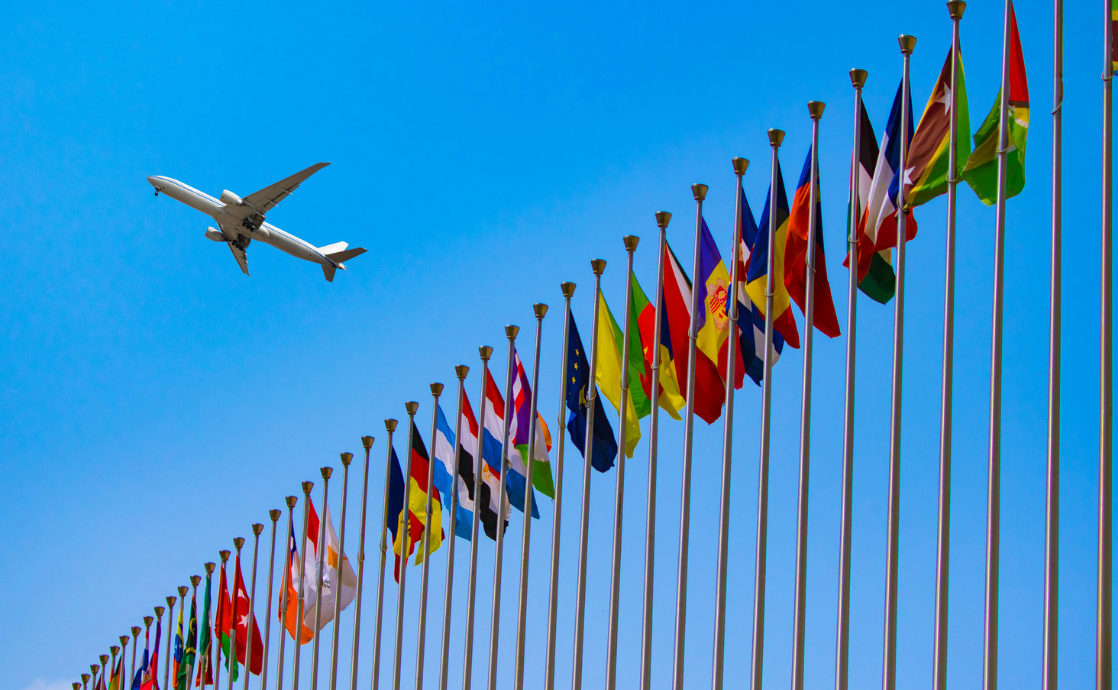The aspirations for global unity have permeated the annals of human history, but nowhere are they articulated more lucidly than within the Bahá’í teachings. At the heart of this spiritual doctrine lies the compelling vision of “Uniting the Nations in One Federal System,” a concept that transcends conventional geopolitical frameworks. This multifaceted approach to governance serves not merely as an idealistic dream but as a pragmatic proposal for an increasingly interconnected world.
At its core, the Bahá’í vision manifests as a cohesive tapestry woven from the threads of justice, equity, and the collective welfare of humanity. The idea of a global federal system is not merely a structural endeavor; it embodies the spirit of unity itself. The metaphor of a vast ocean serves aptly here: while each drop of water may seem isolated, together they form a powerful, undulating force that can carve out mountains. Thus, the Bahá’í perspective envisions nations amalgamated into a singular entity that harnesses the potential of each individual’s aspirations while safeguarding the diverse identities and cultural heritages inherent within them.
The underpinnings of this vision can be discerned through a multifaceted lens, encapsulating the principles of cooperation, justice, and the recognition of universal human rights. The administrative structure proposed by Bahá’í teachings delineates a celestial framework—akin to the universe in which each celestial body has its designated place yet collectively revolves around a singular axis of purpose. This system advocates for the establishment of an international legislative body empowered to mediate disputes, formulate policy, and legislate in matters that transcend national interests. Such a body would be tasked with upholding a moral compass guided by the tenets of equity and justice, ensuring that no nation stands astray of global ethics.
The Bahá’í teachings profoundly underscore the importance of education as a catalyst for this evolutionary leap towards global unity. Education serves as the crucible for societal transformation, providing the tools needed to nurture a populous that is not only literate but also imbued with the virtues of compassion and understanding. When individuals are equipped with knowledge that fosters empathy, they are more predisposed to recognize the interconnectedness of their lives with others, yielding a community that embraces diversity as an asset rather than a challenge. Accordingly, the education of all—regardless of gender, race, or socioeconomic class—emerges as a central pillar in the pursuit of a unified world.
Central to this narrative of unification is the idea of global citizenship, which transcends the elemental divisions of nationalism. This concept evokes the image of a great symphony, where each nation is akin to an instrument playing in harmony with others. Each nation contributes unique notes yet must align to the overarching melody of humanity. This harmonious interaction requires an ethos of mutual respect and recognition of the inherent dignity possessed by all individuals, irrespective of their geographic, cultural, or ideological backgrounds. The constructive engagement of nations through dialogue and cooperation is imperative for diminishing divisions and fostering a spirit of camaraderie.
Moreover, the Bahá’í teachings exhort the necessity of eliminating extremes of wealth and poverty, identifying these disparities as detrimental not only to individual nations but to global cohesion. Economic justice emerges as an essential component of this federal system; the accumulation of wealth in the hands of a few spells disaster, creating fractures within human society akin to tectonic plates poised for eruption. The equitable distribution of resources allows for a flourishing of collective prosperity, fostering an environment in which all citizens can thrive, thereby enriching the entire human tapestry.
Additionally, the concept of a global federal system inherently requires robust mechanisms for conflict resolution. Just as a well-tended garden necessitates the removal of weeds that threaten the flourishing of flowers, so too must systems be in place to address disputes constructively and peacefully. The teachings advocate for negotiation and mediation over warfare, illuminating the path toward resolving conflicts through dialogue rather than violence, thus transforming the very paradigm of international relations.
Furthermore, the interdependence of nations in this visionary framework invokes an unparalleled sense of responsibility. Each country, while maintaining its sovereignty, also bears the weight of accountability to the global community. This symbiotic relationship necessitates a commitment to shared values and principles that elevate the common good above individual interests. By recognizing that one nation’s well-being is inexorably linked to another’s, the potential for collective progress unfolds, revealing pathways previously obscured by nationalist aspirations.
In conclusion, the Bahá’í teachings concerning the unification of nations through a federal system present a profound vision anchored in justice, education, and the relentless pursuit of equity. These principles serve as a lodestar guiding humanity toward a new era of cooperation and shared destiny, reminiscent of the celestial choreography that governs the movements of planets and stars. The journey towards this lofty ideal may be fraught with challenges, yet it beckons humanity to aspire to a shared future—a future that, if embraced earnestly, holds the potential to transform a disparate globe into a coherent and harmonious whole. In the grand tapestry of existence, each thread contributes to the rich pattern of life; when woven together, they create a masterpiece that reflects the beauty of unity in diversity.
